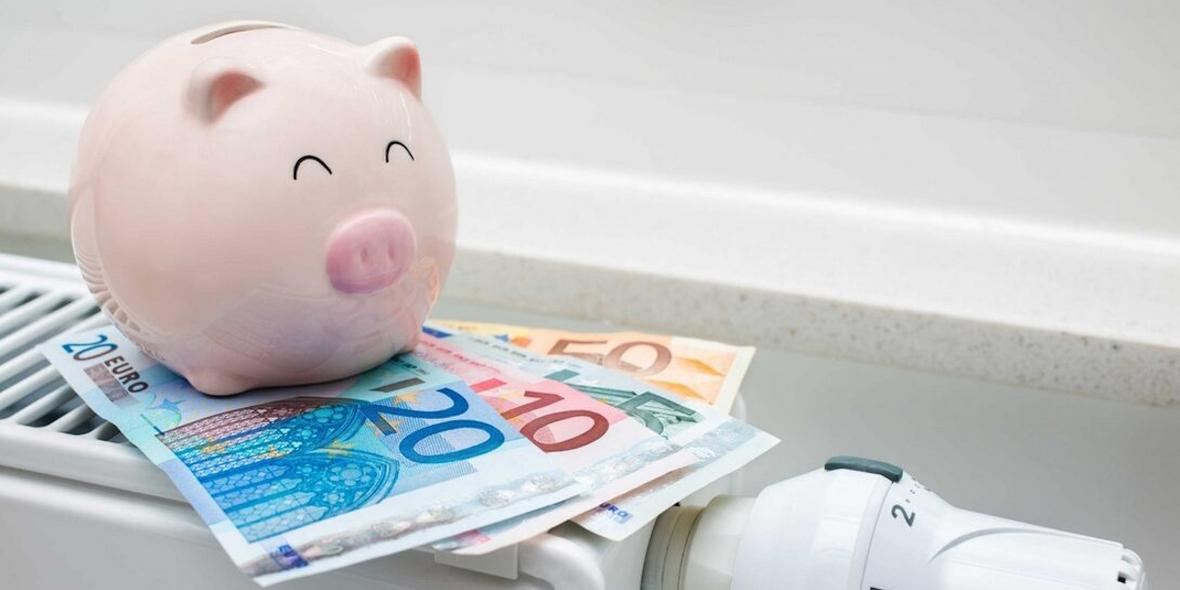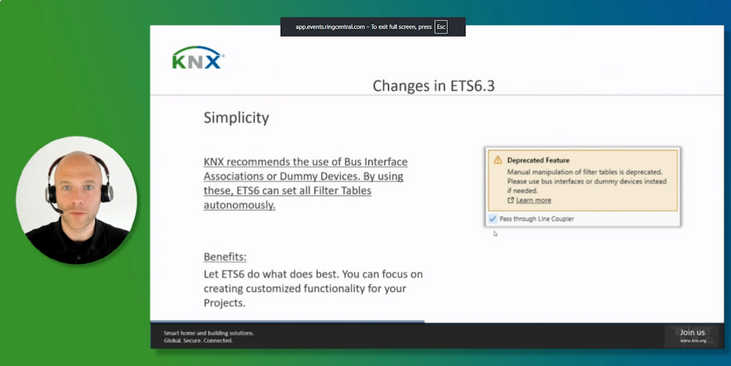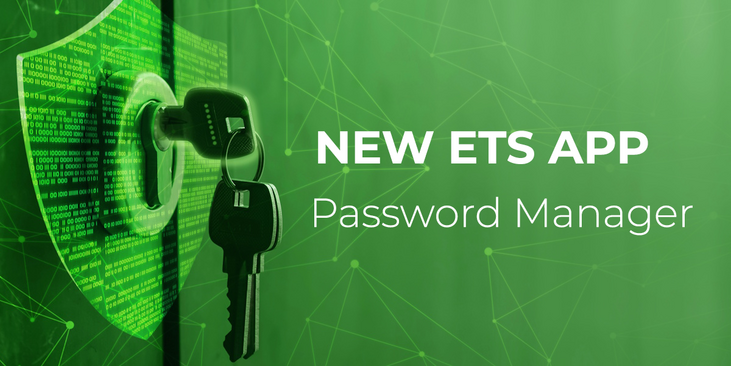06. Nov 2024
Savings on Energy Bills With Smart Home Energy Management

Energy consumption costs are a part of every household’s expenditure. More often than not, this expense is considered unavoidable as there is dependence on energy for every household’s day-to-day activities. However, it doesn’t mean that these energy bills cannot be reduced. Smart home energy management aims to enable homeowners to optimise their energy consumption and bring down their expenses.
There is more to Smart Homes than just convenience
Smart homes are commonly associated with their automation and control features that bring convenience and comfort to everyday life. But in addition to these features, smart homes can provide homeowners with a detailed view of the energy consumption of their homes. This opens the door for energy management as the first step towards it is the understanding of one’s consumption behaviour. This data is collected thanks to the smart energy meters that act as the foundation for energy management.
Energy Management at Home with Smart Systems
Home energy management systems can not only provide insights into how to improve energy efficiency but also automate some of the functions for saving energy. Homeowners can better understand their behaviour based on the system´s information and also be assured that many straightforward actions are taken care of by the smart home itself. For example, a smart system can automatically switch the lighting or heating on / off inside the home depending on its occupancy. Moreover, by having the smart home connected with a mobile phone, the user can always keep an eye on the house’s status and control remotely for any needs. It also helps the system to learn more about the behaviour of the residents to become smarter in its decision making.
Taking Energy Management to the next level with solar panels
While the general smart homes look to optimise the consumption of energy that is being purchased, the smart homes of the next generation are the ones that take energy management to the next level by becoming self-sustainable. Installation of solar panels ensures that most of the energy requirements for a home are generated by the home itself. This can drastically drop the energy bills, and with a battery storage unit, the smart home can almost become independent of any external energy sources.
Lowering the energy costs for Heating and Electric vehicle charging
With a solar panel installation, smart energy storage system, and effective insulation, residences can end up generating more power than usually required. Heating tends to be very costly and with the above systems, the energy use from this application can be reduced drastically. Additionally, households that own electric vehicles can ensure intelligent charging to their cars so that it does not interfere with the energy requirements of the electric appliances in the home while still ensuring the vehicle is optimally charged by the next use.
Smart homes with energy management play a vital role for a sustainable future
Smart home energy management is still in its early stages, but it is being adopted at a quick rate. According to the European Commission, domestic usage of energy constituted 26% of the final energy consumption in 2019. If more households become self-sustainable smart homes, it can help have a great impact on the planet’s future while each household can save on the expensive energy expenses.
KNX aims to build a sustainable future for the next generations and has a wide range of solutions that can help in an easy adoption of energy management practices. Check out our varied solutions from smart meters to energy storage or read more about what is energy management.
Start planning your smart home
If you are interested in transforming your home into a Smart Home, you can start your planning with our handy tool: KNX Smart Home Planner. Answer some simple questions about your home and your preferred smart home applications to receive a detailed report. This will help you understand the scope of the project and get closer to building the smart home you desire.
It will take less than 2 minutes to answer these questions and you can contact your local KNX partner with the report who will be able to bring your dream home closer to reality. A myKNX account is needed to complete the planner tool, you can sign up below or at the last step of the planner.
Discover more on how KNX can make your home more sustainable
Looking to create a greener, smarter home? We’ve brought together our best insights, practical guides, inspiring stories, and expert tips - all focused on sustainable living with KNX. Start your journey toward a more energy-efficient, future-ready home today.
Highlights
-
 Press
PressETS6 Roadshow 2025 marks global success, showcases power of ETS6.3
ETS6 takes center stage during the month of May with 24 roadshow stops all over the world. -
 News
NewsThe KNX Journal 2025 is now available
The latest edition of our annual smart home and building solutions magazine has arrived. The KNX Journal 2025 offers ... -
 News
NewsNew ETS App: Password Manager
The ETS Password Manager is a powerful new ETS App introduced in ETS 6.3 that eliminates the need to repeatedly enter ...
